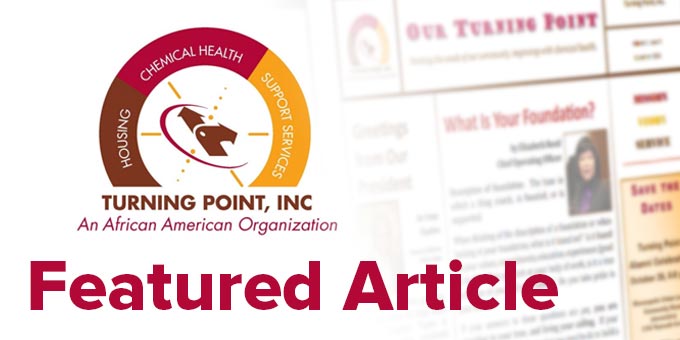Learn More About Support Services
Recovery is a process of change through which individuals improve their health and wellness, live self-directed lives, and strive to reach their full potential. Recovery is built on access to evidence-based clinical treatment and recovery support services tailored to meet client needs. SAMHSA has delineated four major dimensions that support a life in recovery: Health—overcoming or managing one’s disease(s) or symptoms—for example, abstaining from use of alcohol, illicit drugs, and non-prescribed medications if one has an addiction problem—and, for everyone in recovery, making informed, healthy choices that support physical and emotional well-being. Home—having a stable and safe place to live. Purpose—conducting meaningful daily activities, such as a job, school, volunteerism, family caretaking, or creative endeavors, and the independence, income, and resources to participate in society. Community—having relationships and social networks that provide support, friendship, love, and hope. Support services help people with substance use disorders manage their conditions successfully. Today, when individuals with substance use disorders seek help from Turning Point, they are met with the knowledge and belief that they can recover and manage their conditions successfully. A person’s recovery is built on his or her strengths, talents, coping abilities, resources, and inherent values. As a holistic approach agency we address the whole person and their community. Recovery occurs via many pathways. Because setbacks are a natural part of life, Turning Point offers a highly individualized process where support services are flexible. The incorporation of a full range of social, legal, and other services that facilitate recovery, wellness, and linkage to and coordination among service providers, and other supports is shown to improve quality of life for people in and seeking recovery and their families. Individuals, families, and communities that have experienced social and economic disadvantages are more likely to face greater obstacles to overall health. Turning Point is committed to addressing these health disparities by providing culturally and linguistically appropriate prevention, treatment, and recovery support programs....




